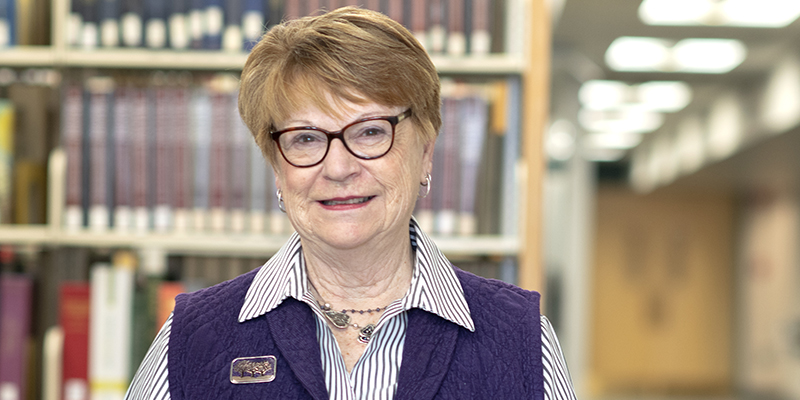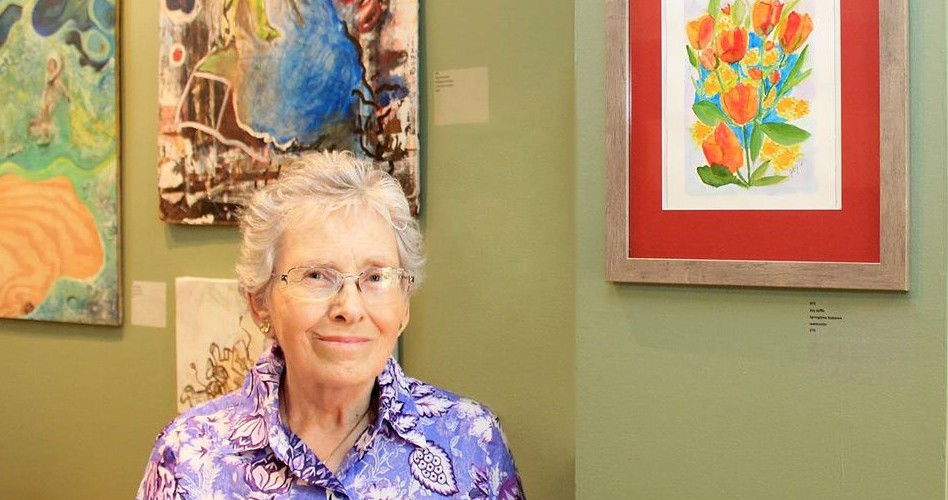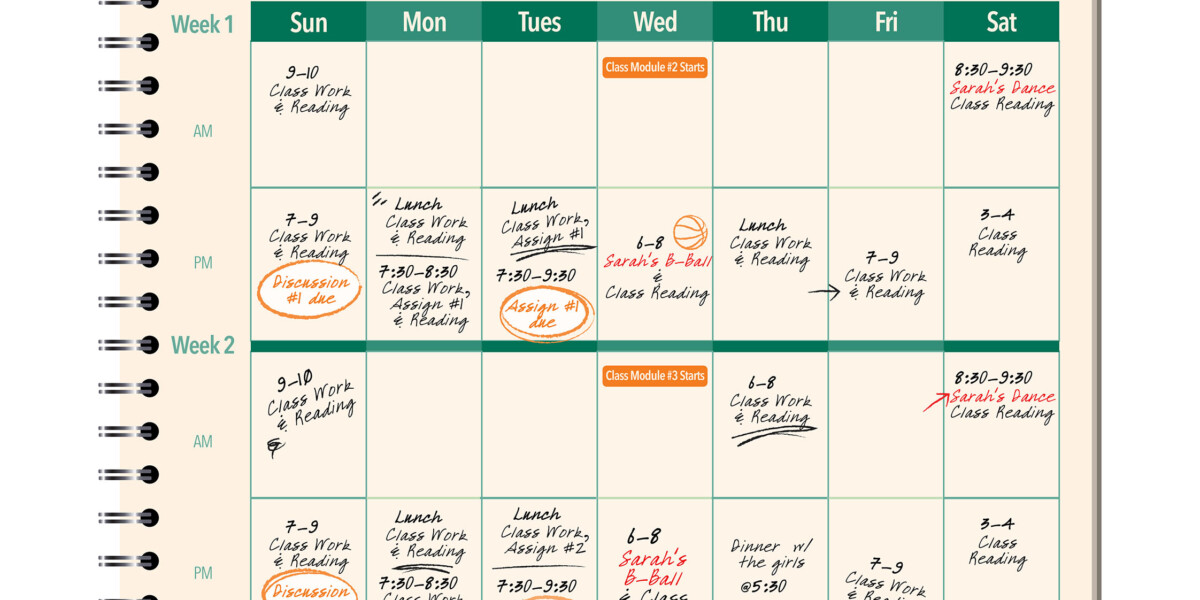School librarians aren’t here to answer questions. Their job is to guide students in the right direction.
Librarians are no longer just replying to students about what to research or where to find information. Today, their role is more about helping students focus their questions and identify the right tools to uncover what they need.
Judy Kaplan, coordinator of the School Library Media Studies Sequence at UVM, says that process can help students take their learning to the next level.
“It’s like an interview where we’re finding out where students are, what excites them about a certain topic, or even what they might be stuck on,” Kaplan says. “It’s a technique of interviewing that helps the person being interviewed focus on big ideas and develop questions they want to pursue.”
Kaplan, a UVM alumna, explains that under new proficiency standards adopted by the Vermont State Board of Education, libraries will play an increasingly significant part in the development of students’ transferable skills.
Starting with the class of 2020, Vermont students will be eligible for graduation when they’ve demonstrated evidence of proficiency in the curriculum. The state’s proficiency-based graduation requirements are part of a broader effort to make education in Vermont more student-centered, with an emphasis on customization, flexibility and project-based work.
“Right now, education is about student-centered learning and flexible pathways and libraries are right in the middle of it. They are the go-to places,” Kaplan says. “Now within Vermont, one of the drivers of education is not just content standards but also transferrable skills, which is all about inquiry, metacognition and critical thinking. And libraries are at the nexus.”
Teaching and Learning at UVM
Kaplan, who majored in American literature and American studies and earned her graduate degree in cultural history and museology at UVM, never planned on becoming a librarian. When her husband started law school in Boston, she needed a job. So, she started working as an assistant at the public library in Brookline, Mass., which at the time served as the library for the local elementary schools.
“I remember saying, ‘Oh, this job is for me.’ There were books everywhere and the kids were so excited. It was a wonderful environment for learning and I learned like crazy. That’s when I realized this was what I wanted to do,” she says.
After three months, Kaplan was promoted at the library and needed to return to UVM to become certified in library media studies for her job. Then, in 2001, she began teaching in the UVM library sequence.
“It’s a long strange journey, like everyone’s, to get where they are,” she says.
For nearly 40 years, UVM has provided a sequence of courses for School Library Media Specialists so that licensed educators in Vermont can be endorsed as library media specialists. During the past two decades, the UVM courses have been available in a hybrid format, so that participants from across the state have the opportunity to complete the coursework without having to be on campus.
For students who become school librarians, Kaplan hopes they’ll find the job as rewarding as she does.
“I hope they’ll see it as a passion and not just a job. Some of the biggest dispositions you need to be a school librarian are curiosity, perseverance and a sense of humor,” she says. “You can’t take yourself too seriously. Sometimes I still get nervous when I’m about to teach a new class. But you know what? At this point in my life, I know I’m good at what I do. I also know I’m always going to learn from my students.”
The “UVM Is” series celebrates University faculty, educators, and the campus community.
Learn more about the School Library Media Studies Sequence today.




